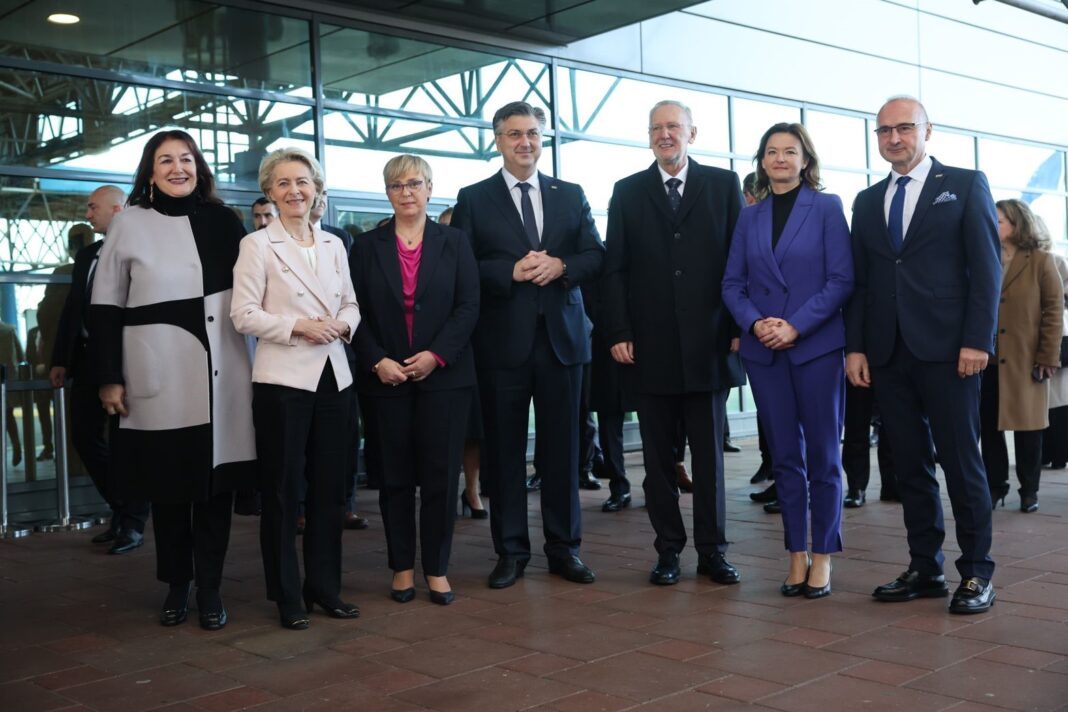Sunday, 1 January 2023, Zagreb, Republic of Croatia: Croatia adopted the euro as its currency and fully joined the Schengen area. This marks an important milestone in the history of Croatia, of the euro and Schengen areas and of the EU as a whole.
With Croatia, 20 EU member states and 347 million EU citizens share the EU’s common currency. As for Schengen, this is the eighth enlargement and the first after 11 years.
The euro will gradually replace the kuna as the currency of Croatia. In line with a consistent record of exchange-rate stability, the kuna will be exchanged at a conversion rate of 1 euro for 7.53450 Croatian kuna. The two currencies shall be used alongside each other for a period of two weeks. When receiving a payment in kuna, the change will be given in euro. This will allow for a progressive withdrawal of the kuna from circulation.
The Schengen area is one of the main achievements of the European project. It started in 1985 as an intergovernmental project between five EU countries, namely France, Germany, Belgium, the Netherlands and Luxembourg. Now it has gradually expanded to become the largest free travel area in the world.
An enlarged Schengen area without internal border controls will make Europe safer, through reinforced protection of our common external borders and effective police cooperation; more prosperous, by eliminating time lost at borders and facilitating people and business contacts; and more attractive, by significantly expanding the world’s largest common area without internal border controls.
Since its accession to the EU in 2013, Croatia has applied parts of the Schengen acquis, including those related to the external border controls, police cooperation and the use of the Schengen Information System.
For further information
European Commission:
https://ec.europa.eu/commission/presscorner/detail/en/STATEMENT_23_7947



